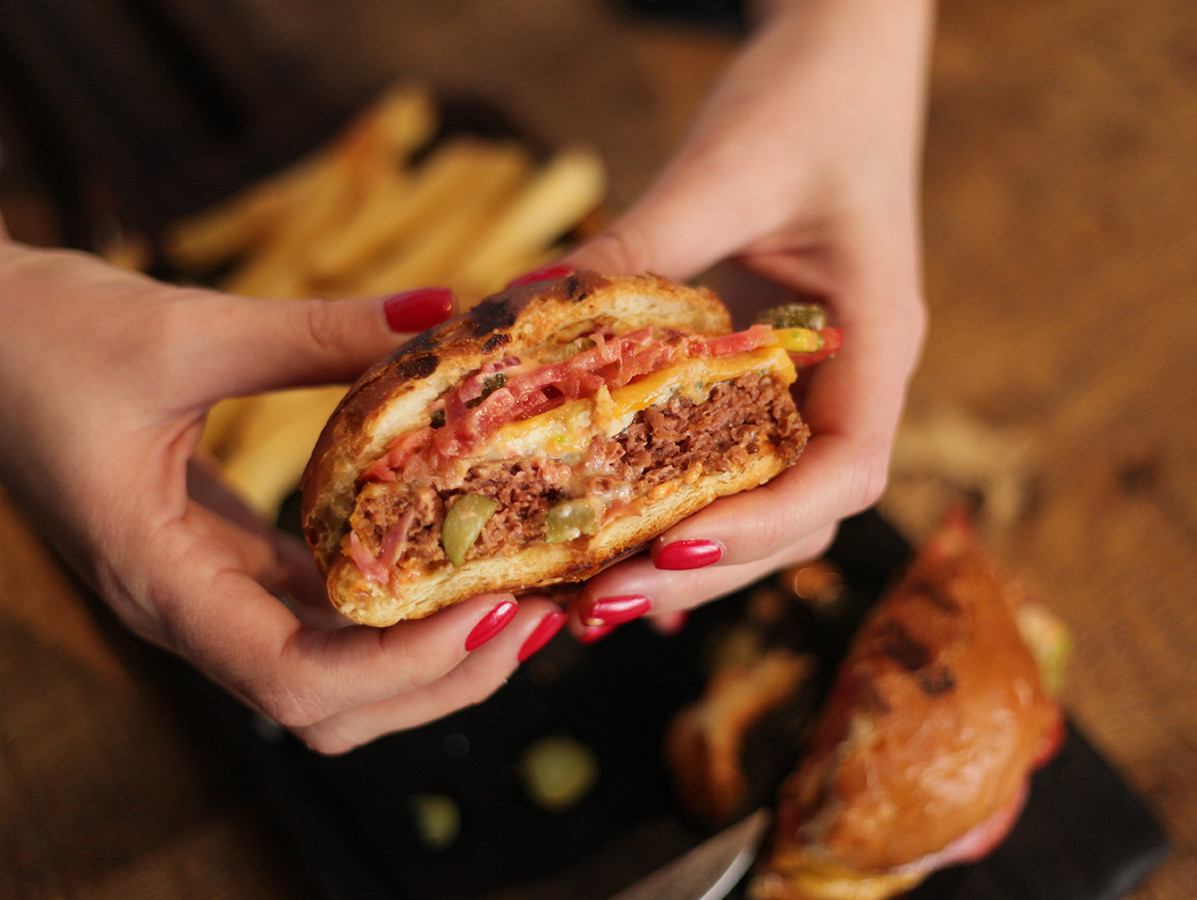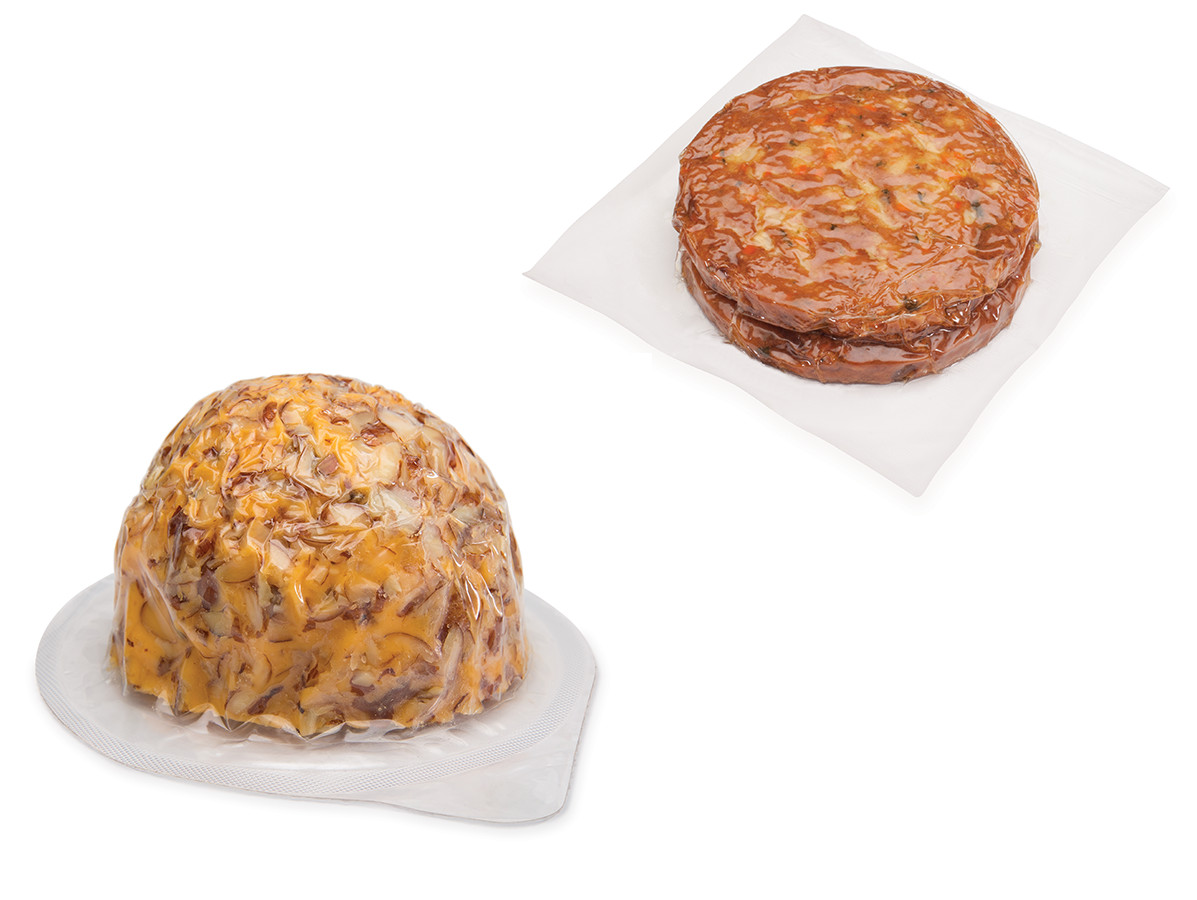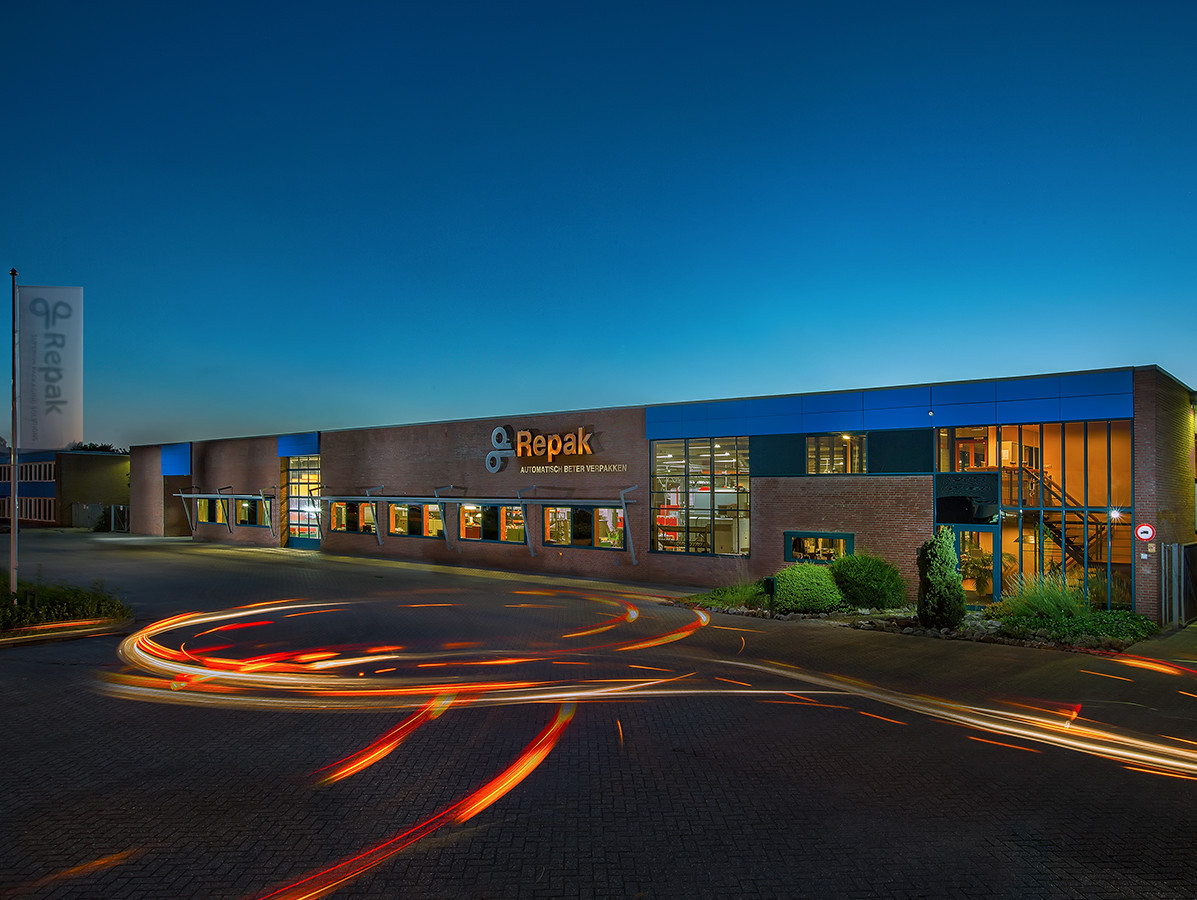
The development, production, packaging and marketing of plant-based food is an inspiring and dynamic process. The North American company Reiser supports companies that sell their vegetable meat substitutes worldwide, says Sales Manager Steve Lulich.
“The category ‘vegetable meat substitutes’ is a fast growing niche. You have to invest now if you don’t want to be left behind but want to be part of the future food industry”. Says the enthusiastic Steve Lulich, Sales Manager of Reiser in America. Reiser is a leading supplier of processing and packaging equipment for the meat, poultry and seafood industries, including packaging solutions from the Dutch company Repak. The cooperation between Reiser and Repak goes well back. An important common goal is that both parties want a partnership for life with their customers. For almost ten years now, Lulich has been intensively involved in companies that develop, produce and market plant-based food – mainly in food laboratories – worldwide. ‘The future’ has increasingly found its way onto the shelves of Dutch supermarkets.
The production and packaging of plant-based products, such as meat substitutes, is more complex than it seems, says Lulich. “Meat is processed and packaged single, or with additives such as seasonings. Vegetable meat substitutes are composite products whose different ingredients are produced at different temperatures at different stages. In the end, everything is mixed and it resembles meat in terms of sensory and taste. That it has a different structure is noticeable when, for example, a meat processor converts such a product into hamburgers, sausages or minced meat. The same machines are used as for meat processing, but vegetable products react very differently compared to meat. That requires product and process technology knowledge.”

The differences become even more apparent during packaging. The three most important elements are protection, shelf life and branding. The structure of vegetable meat substitutes is fragile and will be damaged if, for example, the product is vacuum-packed too quickly with flexible film. Conclusion: you need to automate a lot more, says Lulich. “Repak, for example, works well with robot suppliers and other parties. That’s what you need. Do you want to bring vegetable meat and chicken replacers onto the market? In that case always choose a partner who is able to guide you, who knows from start to finish what works well in your environment. Their packaging machines offer a range of possibilities, with the certainty that the product is sufficiently protected and the possibility to quickly switch to different types and methods of packaging.
When properly packaged, the shelf life of plant-based foods is much better than that of meat. The products are ideal for frozen transport. Even if you defrost them months later, the structure remains the same. This is different for meat proteins. But, says Lulich: “You have to have a clear view of certain packaging problems. The formation of bacteria works differently than with meat, chicken of fish. Raw materials such as beetroot, maize, beans, seaweed and algae are used more often. Of course, you want to absolutely rule out the formation of Listeria and other bacteria. Flexibility in choosing you packaging solution is crucial, and Repak’s packaging solutions offer many possibilities in the respect.

The pace of development has been slowed down by Covid-19. That sense of momentum, that many consumers are now prepared to switch wholly of partly to plant-based products, is suddenly on hold. Lulich: “Nobody knows what the world will look like in ten of fifty years’ time. For now, the branding of products has te be polished if you want to persuade consumers. Packaging protects the product and ensures a longer shelf life, and they tell a story about the content. That’s what the consumers see; they pay attention to the sustainable and ecological appearance of packaging. If a new company presents itself with a new product, it will want tot distinguish itself form the rest.”
Every vegetable product fights its way onto the shelf. Together they make sure that the available space becomes bigger and bigger. The appearance changes regularly. Lulich: “There is a demand for smaller packaging, fewer plastics and alternative materials such as biodegradable, recyclable and monoplastics. Repak can apply several packaging concepts to each product. You can find thousands of packaging solutions form the Dutch company all over the world. Everywhere they support frontrunners in this new industry and think along with them about new developments, reducing food waste en creating the right packaging solution in relation to protection, shelf life and appearance. Our customers and we ourselves experience the same excitement as Repak.” There is a world to be won, in many ways.
Photos: © Repak
Source: Vakblad Voedingsindustrie 2020